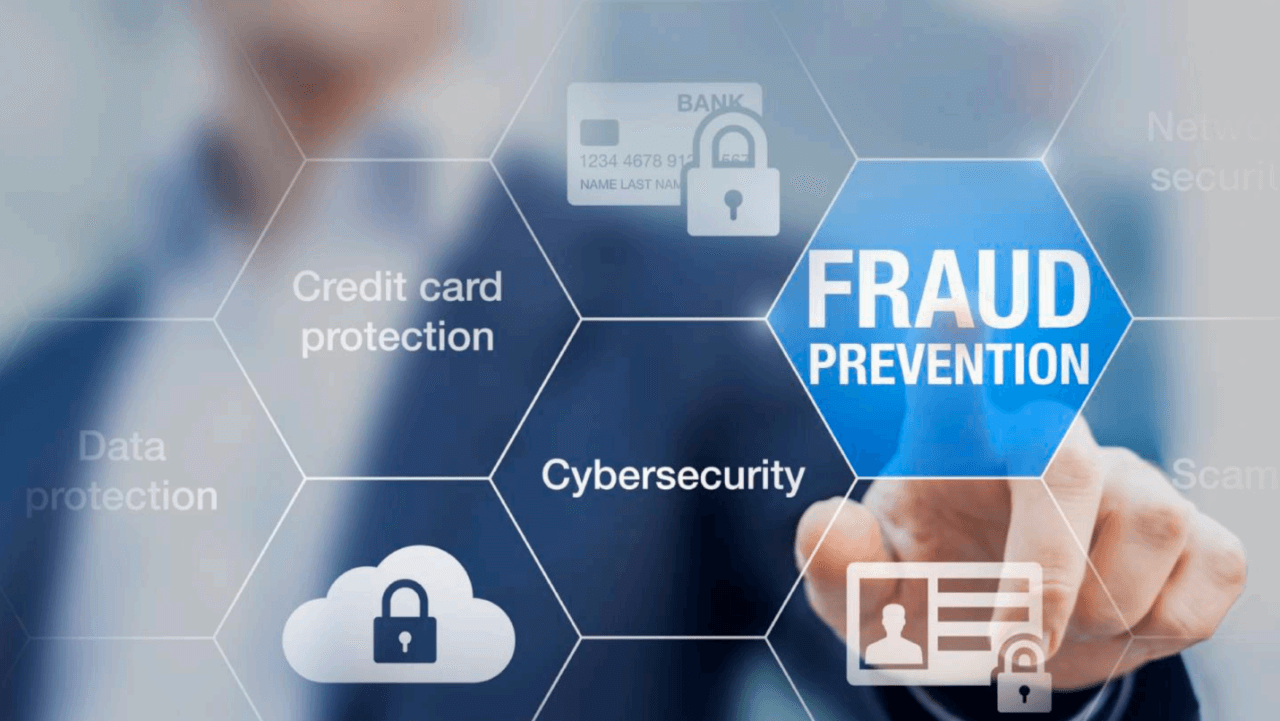

The surge highlights how quickly fraud tactics are evolving and underscores the urgent need for stronger, more coordinated defenses across financial institutions, CIBI Information Inc. stressed in a press release.
From identity theft to deepfakes, scams are becoming increasingly sophisticated. Yet the country’s fragmented systems make it difficult to mount a unified response. When one bank flags a fraudster, the absence of shared data allows the same bad actor to strike again elsewhere — unseen and unchecked.
“Fraud is no longer a challenge we can face in silos,” said Edith Roberto, head of individual credit solutions and partnerships at CIBI.
“We must shift to a proactive, collaborative approach through data sharing, to prevent scammers from exploiting the gaps in a fragmented system.”
Building collective defense
Data sharing is fast emerging as one of the most powerful tools in the fight against fraud. It transforms an institution’s limited perspective into a collective, interconnected defense network, enabling a broader and more proactive approach to risk management.
By pooling information across banks, fintech firms, and other sectors, organizations gain access to real-time insights that allow them to spot fraudulent activity sooner and respond before major losses occur.
This approach offers two key benefits: stronger fraud detection and faster response. Shared data on suspicious activities creates early warnings and helps identify new tactics before they spread. Meanwhile, real-time communication enables institutions to act immediately — stopping fraudulent transactions before stolen funds disappear.
“Fraud prevention strategies have to change from reaction to prevention,” said Pia Arellano, CIBI president and CEO. “Fraud will continue to evolve, but our defenses must evolve faster. It’s up to us to adopt measures that protect the integrity of our businesses before they are compromised.”
CIBI Fraud Bureau
The CIBI Fraud Bureau represents a major step toward a collective fraud defense in the Philippines. It operates under the principle that fraud is a shared enemy — and that data sharing is the most powerful weapon against it.
Through the bureau, members from banks, fintechs, and telcos contribute verified and suspicious fraud data into a shared system. When a new application comes in, institutions can cross-check against the database to determine if the individual has been flagged elsewhere.
Participation is reciprocal — members must share data to gain access, ensuring the database remains robust and ever-growing. Strict data privacy and security standards govern all processes, keeping compliance at the core of the initiative.
Ultimately, the Fraud Bureau supports the BSP’s mission to reduce fraud, providing a concrete, cooperative framework that empowers businesses to protect both themselves and their customers. —Ed: Corrie S. Narisma